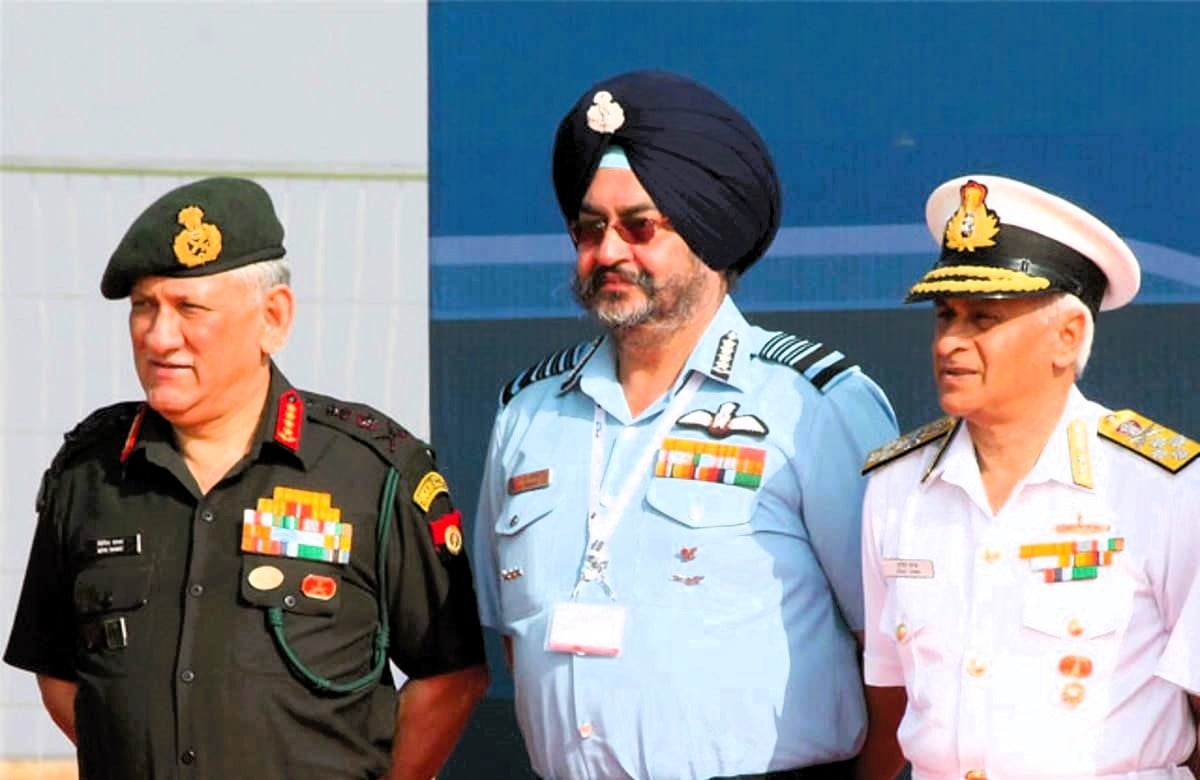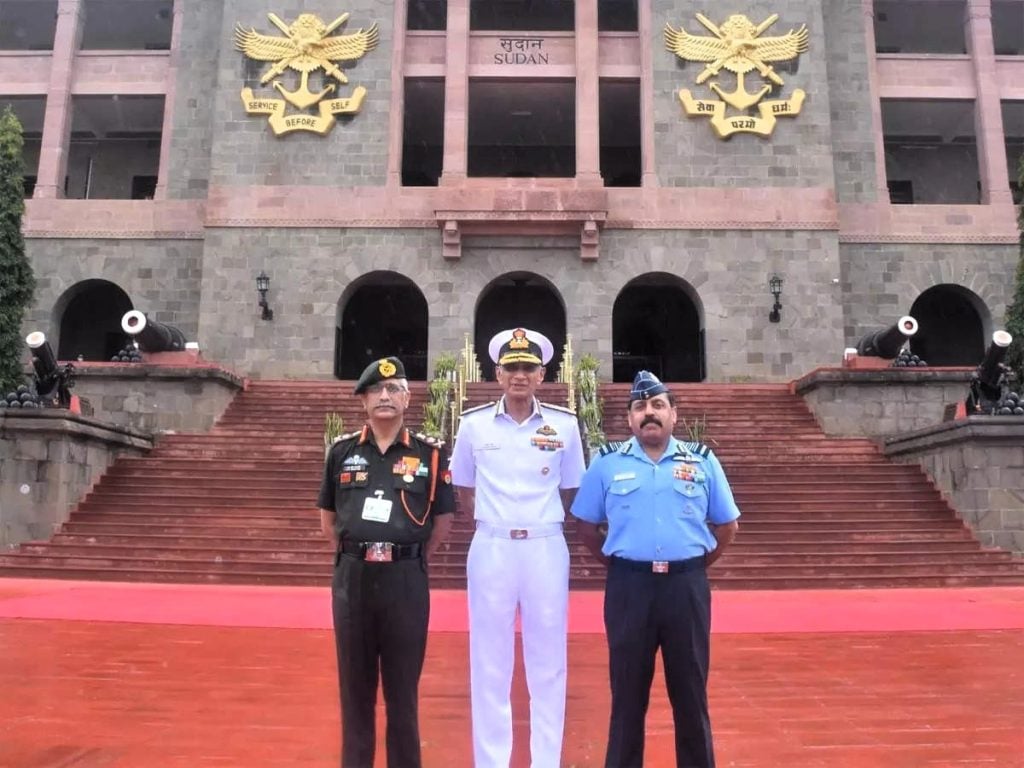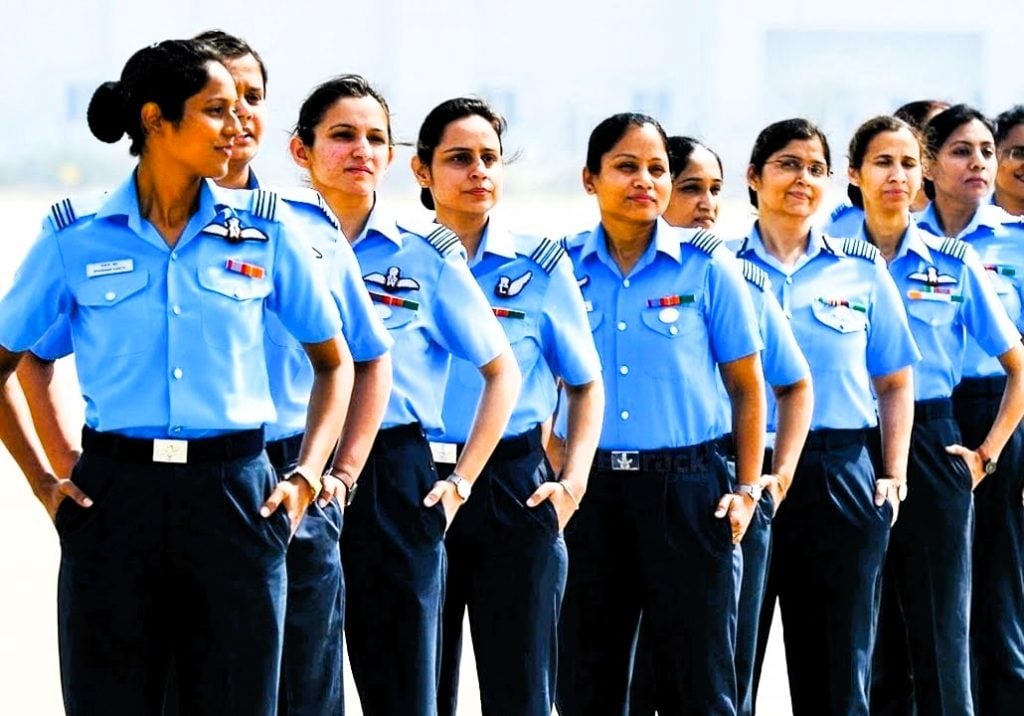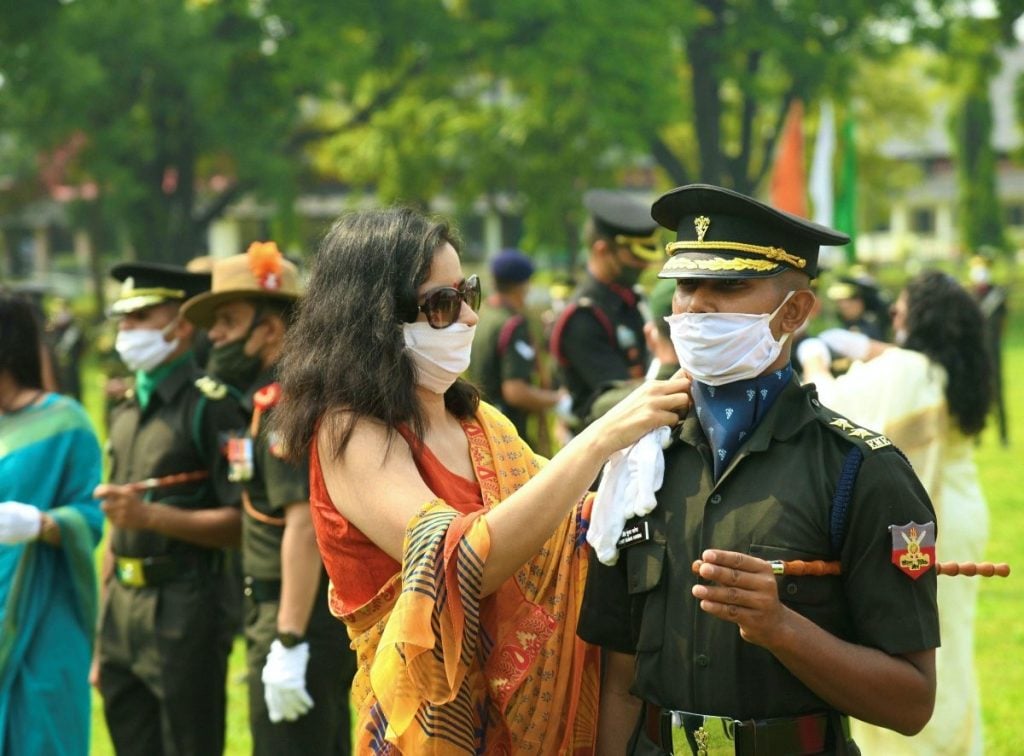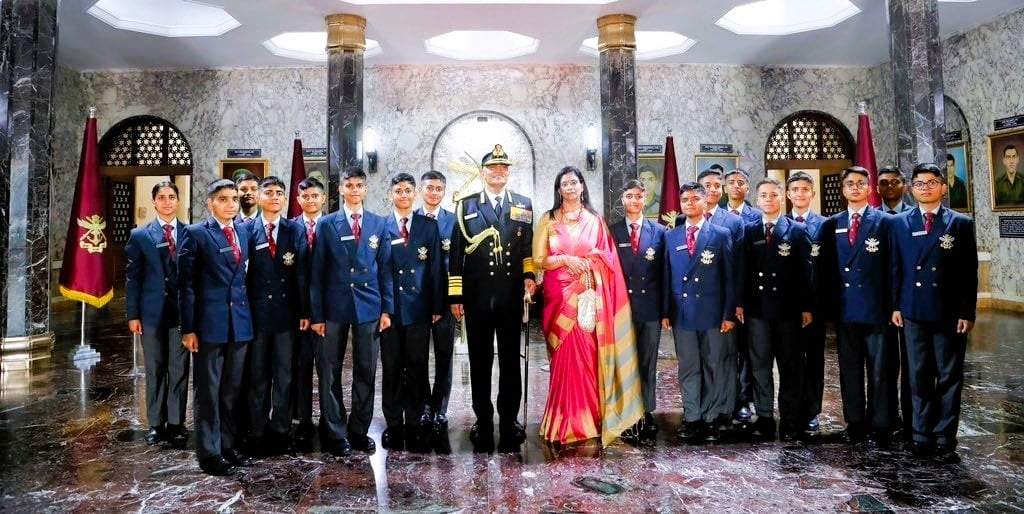When it comes to pursuing a career in the Indian Armed Forces, candidates often find themselves at a crossroads, contemplating which examination to undertake: the National Defence Academy (NDA), the Combined Defence Services (CDS), or the Air Force Common Admission Test (AFCAT). Each of these assessments plays a crucial role in shaping the future of aspiring defence personnel, yet they differ significantly in terms of eligibility criteria, examination patterns, and selection processes.
This article aims to provide a comprehensive comparison of these three pivotal exams, ultimately addressing the question: how tough are NDA, CDS, and AFCAT.
Also Read | NDA 1 2025 Eligibility Criteria: What You Need to Know
Understanding the Exams
Before delving into the intricacies of each examination, it’s essential to grasp their fundamental purposes and structures.
National Defence Academy (NDA)
The NDA exam, conducted by the Union Public Service Commission (UPSC), is aimed at recruiting candidates for the Army, Navy, and Air Force wings of the NDA. It is held twice a year and is primarily targeted at students who have completed their 12th grade.
Combined Defence Services (CDS)
Similar to the NDA, the CDS exam is also administered by the UPSC and occurs biannually. However, it is tailored for graduates seeking to join various branches of the Indian Armed Forces, including the Indian Military Academy (IMA), Indian Naval Academy (INA), and Officers Training Academy (OTA).
Air Force Common Admission Test (AFCAT)
The AFCAT is organized by the Indian Air Force and focuses on recruiting candidates for Group ‘A’ Gazetted Officers in both flying and ground duty branches. This exam is also conducted twice a year and is open to graduates and undergraduates.
Comparative Overview of NDA, CDS, and AFCAT
To facilitate a clearer understanding, let’s break down the key parameters that distinguish these examinations.
| Parameter | NDA | CDS | AFCAT |
|---|---|---|---|
| Conducting Body | UPSC | UPSC | Indian Air Force |
| Eligibility | 12th Class pass | Degree from a recognized university | 10+2 pass |
| Frequency | Twice a Year | Twice a Year | Twice a Year |
| Selection Process | Written Exam + SSB Interview | Written Exam + SSB Interview | Written Exam + AFSB Interview |
| Stipend | Rs. 56,100/month | Rs. 56,100/month | Rs. 56,100/month |
Eligibility Criteria
Understanding the eligibility requirements is crucial for candidates as it determines their eligibility for each examination.
NDA Eligibility
- Age Limit: Candidates must be between 16.5 and 19.5 years of age.
- Educational Qualification: Completion of 12th grade with a focus on Mathematics and Physics.
- Marital Status: Only unmarried candidates can apply.
CDS Eligibility
- Age Limit: Candidates must be aged between 20 and 24 years for IMA, while different age limits apply for other academies.
- Educational Qualification: A degree from a recognized university is mandatory.
- Marital Status: Unmarried candidates are preferred for most branches.
AFCAT Eligibility
- Age Limit: Candidates must be between 20 and 24 years for the Flying branch and up to 26 years for Ground Duty.
- Educational Qualification: Completion of 12th grade and a degree from a recognized institution.
- Marital Status: Unmarried candidates are eligible.
Exam Patterns
The structure of each examination significantly influences the preparation strategy of candidates.
NDA Exam Pattern
The NDA exam consists of two papers: Mathematics and General Ability Test (GAT). Each paper is designed to assess the candidate’s knowledge and problem-solving abilities.
- Mathematics: 300 marks
- GAT: 600 marks
- Total: 900 marks
CDS Exam Pattern
The CDS exam includes multiple-choice questions across three subjects: English, General Knowledge, and Elementary Mathematics.
- English: 100 marks
- General Knowledge: 100 marks
- Elementary Mathematics: 100 marks
- Total: 300 marks
AFCAT Exam Pattern
The AFCAT comprises four sections: General Awareness, Verbal Ability in English, Numerical Ability, and Reasoning & Military Aptitude Test.
- General Awareness: 100 marks
- Verbal Ability: 100 marks
- Numerical Ability: 100 marks
- Reasoning & Military Aptitude: 100 marks
- Total: 400 marks
Also Read | CDS 1 2025 Notification Out, Application Form, Eligibility Criteria
Selection Process
The selection process for each exam varies, which can impact a candidate’s preparation and strategy.
NDA Selection Process
Candidates who clear the written examination are called for the Services Selection Board (SSB) interview, which assesses their personality, intelligence, and suitability for military training.
CDS Selection Process
Similar to the NDA, candidates who pass the written exam are invited for the SSB interview. The selection is based on performance in both the written and interview stages.
AFCAT Selection Process
After clearing the written examination, candidates undergo an AFSB interview, which evaluates their aptitude and compatibility for the Air Force.
Salary and Stipend
Understanding the financial benefits associated with each examination can be a motivating factor for many candidates.
NDA Salary
During the training period at the Indian Military Academy (IMA), cadets receive a stipend of Rs. 56,100 per month. Post-training, the salary scales increase based on rank and experience.
CDS Salary
Similar to NDA cadets, gentlemen and women cadets in the CDS program receive a stipend of Rs. 56,100 per month during their training. The salary structure post-training is also based on rank and experience.
AFCAT Salary
AFCAT candidates receive the same stipend of Rs. 56,100 per month during their training, with additional allowances based on their roles and responsibilities.
Difficulty Levels: A Comparative Analysis
One of the most pressing questions for aspiring candidates is which exam is more challenging: NDA, CDS, or AFCAT?
NDA Difficulty Level
The NDA exam is often perceived as tougher due to its comprehensive syllabus, which includes advanced mathematics and general knowledge. The SSB interview process is also rigorous, designed to evaluate candidates’ leadership qualities and mental resilience.
CDS Difficulty Level
The CDS exam is generally considered to be slightly easier than the NDA, particularly in terms of the written exam. However, the SSB interview can be quite challenging, requiring candidates to demonstrate their interpersonal skills and decision-making abilities.
AFCAT Difficulty Level
AFCAT is often viewed as the most approachable of the three exams, with a focus on general awareness and reasoning. Nevertheless, candidates must still prepare thoroughly, as the competition is fierce, and the interview process is demanding.
Training and Academies
Once candidates successfully navigate the selection process, they must undergo training at designated academies.
NDA Training Centers
The NDA training is conducted at the National Defence Academy in Khadakwasla, Pune. This institution is known for its rigorous training regimen, which combines academic education with physical fitness and leadership training.
CDS Training Centers
CDS candidates are trained at various prestigious institutions, including the Indian Military Academy, Indian Naval Academy, and Officers Training Academy. Each academy offers specialized training tailored to the respective branches of the armed forces.
AFCAT Training Centers
Candidates who qualify for the AFCAT are trained at the Indian Air Force Academy in Hyderabad, where they receive comprehensive training in both technical and non-technical areas.
Also Read | CISF Constable Fireman PET PST Dates 2024 Out, Check Physical Schedule
Conclusion
Choosing between NDA, CDS, and AFCAT can be a daunting task for aspiring defence candidates. Each examination presents its own unique challenges and opportunities, making it essential for candidates to assess their strengths, weaknesses, and career aspirations.
While the NDA may be regarded as the toughest due to its rigorous selection process and comprehensive syllabus, the CDS and AFCAT also demand considerable dedication and preparation. Ultimately, the decision should align with the candidate’s career goals and personal preferences.
FAQs
1. Which exam is easier, NDA, CDS, or AFCAT?
AFCAT is generally considered easier than NDA and CDS, particularly in terms of the written exam. However, all exams require thorough preparation.
2. Can I apply for multiple exams simultaneously?
Yes, candidates can apply for NDA, CDS, and AFCAT if they meet the eligibility criteria for each exam.
3. What is the age limit for NDA, CDS, and AFCAT?
NDA candidates must be between 16.5 and 19.5 years, CDS candidates between 20 and 24 years, and AFCAT candidates between 20 and 26 years for the Flying branch.
4. What is the selection process for these exams?
NDA and CDS have a written exam followed by an SSB interview, while AFCAT includes a written exam and an AFSB interview.
5. What is the stipend during training for NDA, CDS, and AFCAT?
All three exams offer a stipend of Rs. 56,100 per month during the training period.
